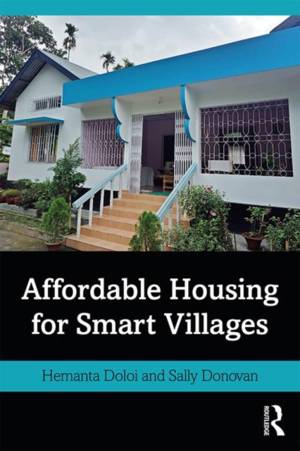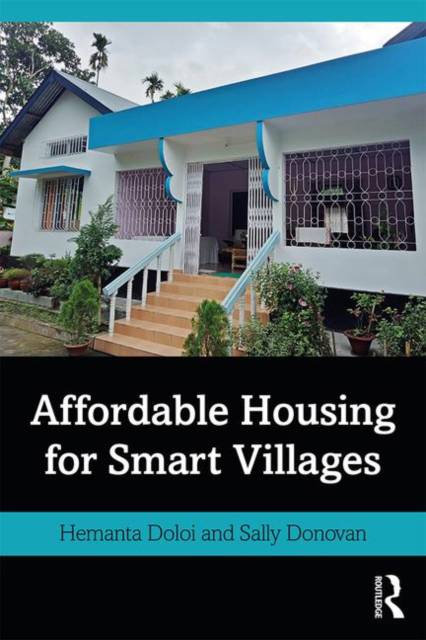
- Retrait gratuit dans votre magasin Club
- 7.000.000 titres dans notre catalogue
- Payer en toute sécurité
- Toujours un magasin près de chez vous
- Retrait gratuit dans votre magasin Club
- 7.000.0000 titres dans notre catalogue
- Payer en toute sécurité
- Toujours un magasin près de chez vous
Description
This book initiates a fresh discussion of affordability in rural housing set in the context of the rapidly shifting balance between rural and urban populations. It conceptualises affordability in rural housing along a spectrum that is interlaced with cultural and social values integral to rural livelihoods at both personal and community level. Developed around four intersecting themes: explaining houses and housing in rural settings; exploring affordability in the context of aspirations and vulnerability; rural development agendas involving housing and communities; and construction for resilience in rural communities, the book provides an overview of some of the little understood and sometimes counter-intuitive best practices on rural affordability and affordable housing that have emerged in developing economies over the last thirty years. Drawing on practice-based evidence this book presents innovative ideas for harnessing rural potential, and empowering rural communities with added affordability and progressive development in the context of housing and improved living standards.
- For a student aspiring to work in rural areas in developing countries it is an introduction to and map of some key solutions around the critical area of affordable housing
- For the rural development professional, it provides a map of a territory they rarely see because they are absorbed in a particular rural area or project
- For the academic looking to expand their activities into rural areas, especially in rural housing, it provides a handy introduction to a body of knowledge serving 47% of the world's population, and how this differs from urban practice
- For the policy makers, it provides a map for understanding the dynamics around rural affordability, growth potential and community aspirations helping them to devise appropriate intervention programs on rural housing and development
Spécifications
Parties prenantes
- Auteur(s) :
- Editeur:
Contenu
- Nombre de pages :
- 196
- Langue:
- Anglais
Caractéristiques
- EAN:
- 9780367190781
- Date de parution :
- 31-10-19
- Format:
- Livre broché
- Format numérique:
- Trade paperback (VS)
- Dimensions :
- 156 mm x 234 mm
- Poids :
- 285 g

Les avis
Nous publions uniquement les avis qui respectent les conditions requises. Consultez nos conditions pour les avis.






